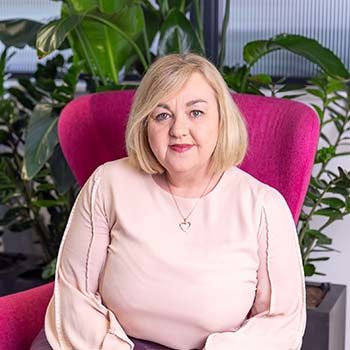The most challenging part about having that hugely important discussion about end-of-life planning with your loved one, is starting it off. It is perfectly normal to feel uneasy with topics connected with death or you may be concerned that the conversation will make them worried or annoyed.
There are a variety of reasons for this. Older family members might be reluctant to face their own mortality; younger members may feel they’ve got plenty of time before they need to think about it or your partner may feel they are too busy to discuss when work, children and everything else is getting in the way.
We understand. Sharon Heselton, senior associate in the wills, trust and probate team at B P Collins, advises on what you can do to initiate one of the most important conversations you’ll ever have.
- Plan the questions you would like to ask in advance. This will help to ensure that all important points have been covered and you won’t be annoyed if something significant has not been discussed.
- Choose a good time to have the discussion. Sometimes a family gathering may work as everyone that you want will be there. However, if your loved one isn’t well or significant changes are afoot, you may need to call an impromptu meeting to discuss future plans.
- Choose the right place to have the conversation that will help them feel comfortable. Maybe it’s in their own house or garden. Perhaps a walk might be better, if you think having a conversation face to face will be too difficult.
- Position the discussion as one where they’re helping you to understand what their end of life needs and desires are.
- Many people have a list of things that they would like to do before they reach a certain age or pass away. Perhaps this could be created together with your loved one and then the conversation could progress more naturally to thinking about end of life planning.
- Maybe you know of someone who passed away without leaving a Will, which resulted in a family dispute. This could be the encouragement your loved one needs to get their affairs in order to help protect their family and friends and avoid any feuds after they’ve gone.
- Listen well and write everything down, if not at the time, then shortly afterwards so you don’t forget anything.
- Although this may be very serious subject, try to keep it as upbeat as possible. This is a positive move in the right direction, that gives your loved one the chance to make their wishes clear after they’re no longer around.
If you’d like to discuss end of life planning or any other issues around wills, trusts and probate please contact B P Collins on 01753 889995 or email enquiries@bpcollins.co.uk.

















